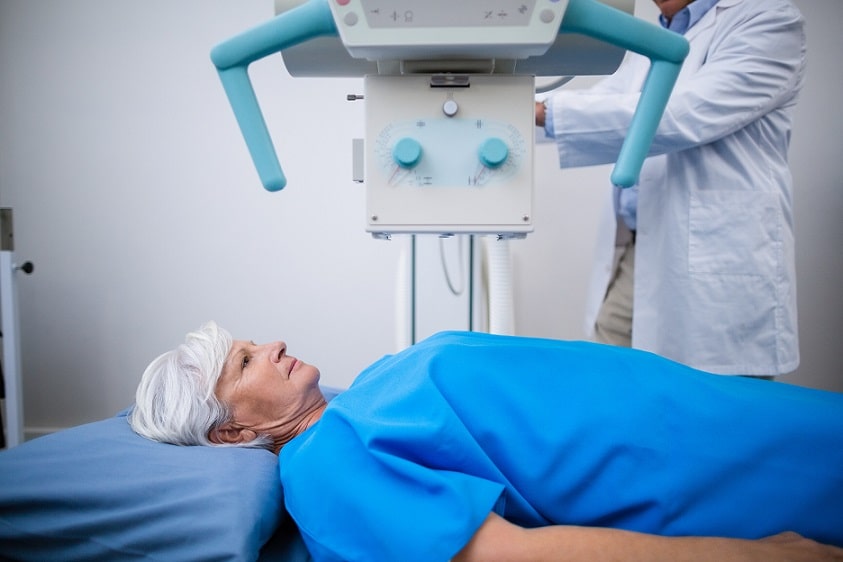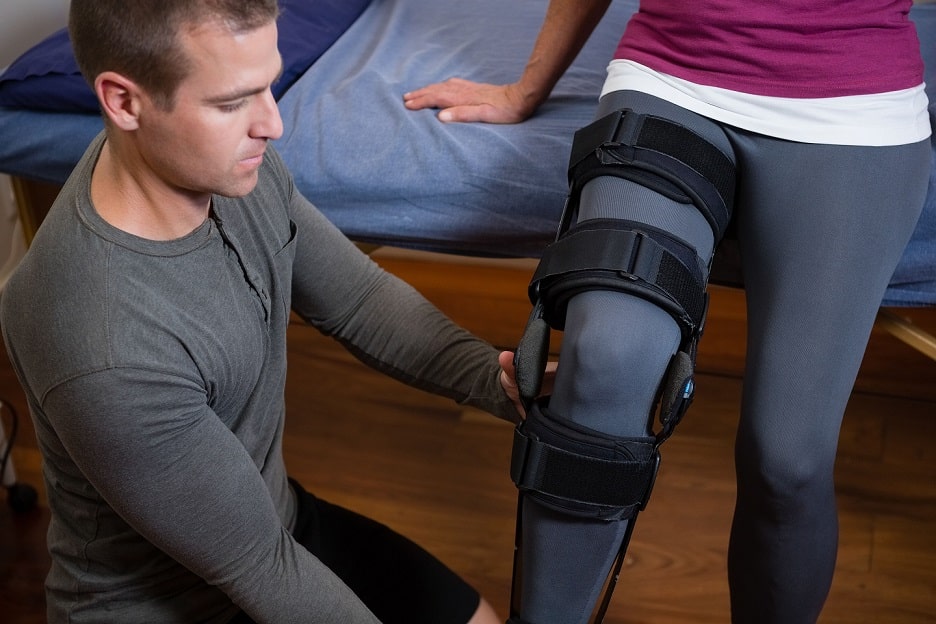 If you are injured on property owned or occupied by another person (e.g. at Tesco or at the Pub etc) then your claim is covered by The Occupiers Liability Act 1957 and the 1984.
If you are injured on property owned or occupied by another person (e.g. at Tesco or at the Pub etc) then your claim is covered by The Occupiers Liability Act 1957 and the 1984.
The occupiers liability Act 1957 sets out duties for the occupier to ensure that an authorised visitor will be safe for the purpose of which he has been invited there for.
So basically this means for example, if a plumber has been invited to fix the toilet in the bathroom, then goes rummaging through the occupiers jewellery in the bedroom and falls through the floor, he will not be able to sue the occupier for any injury or loss caused because he was not permitted to be in the bedroom. However, The Occupiers Liability Act 1984 which I will cover in another post does actually cover trespassers so please don’t make the mistake of thinking that trespassers can not claim. They can’t claim under the 1957 Act but they may have a claim under the 1984 ACT.
In order for a lawful visitor to make a successful compensation claim under the 1957 Act following an injury caused in the exercise of his lawful visit, he must prove various things:
That the person he is suing is an ‘occupier’
An occupier is someone who has responsibility for the property, has control over the property or has an interest in the land, so this may mean not only a landlord of the property, but the person living in the property paying the rent. This also goes for owners of property. So for the control test, it is possible to sue a licensee of a public house if a breach of duty has occurred.
Breach of duty:
As discussed above the occupier owes a duty to his visitors to take “reasonable steps” to ensure their safety.
Therefore, an injured lawful visitor must show that the occupier has breached that duty of care. For example if the landlord has failed to do regular checks on the boiler system as he should, and the tenant contracts carbon monoxide poisoning, the landlord is likely to have breached his duty to ensure the boiler system is safe – keeping the tenant safe.
You must note that the occupier’s duty is not to insure the visitor against harm but only to take “reasonable steps” to ensure the visitor is “reasonably safe”.
This duty varies with each and every different circumstance, for example the duty of the occupier will be higher to children whilst visitors exercising skills – for example a plumber/ electrician should be expected to safeguard themselves against the risks which are commonly attached to that type of work. So in the case of Roles V Nathan, the occupier was not found liable for the death of two chimney sweeps when they failed to take steps to guard themselves against possible fumes that would be in the chimney.
You must also note that a warning sign may not always be classified as a ‘reasonable step’ by an occupier to safeguard it’s visitors against dangers unless the sign is enough to enable the visitor to be safe.
This area of law is very wide and grey and each case must be looked and studied individually, the best thing you could do if you are unfortunate enough to be injured in these types of circumstance is to contact Lawyers that specialise in these types of claims and have years of personal injury claims experience to rely upon when advising you.

 If you are injured on property owned or occupied by another person (e.g. at Tesco or at the Pub etc) then your claim is covered by The Occupiers Liability Act 1957 and the 1984.
If you are injured on property owned or occupied by another person (e.g. at Tesco or at the Pub etc) then your claim is covered by The Occupiers Liability Act 1957 and the 1984.









